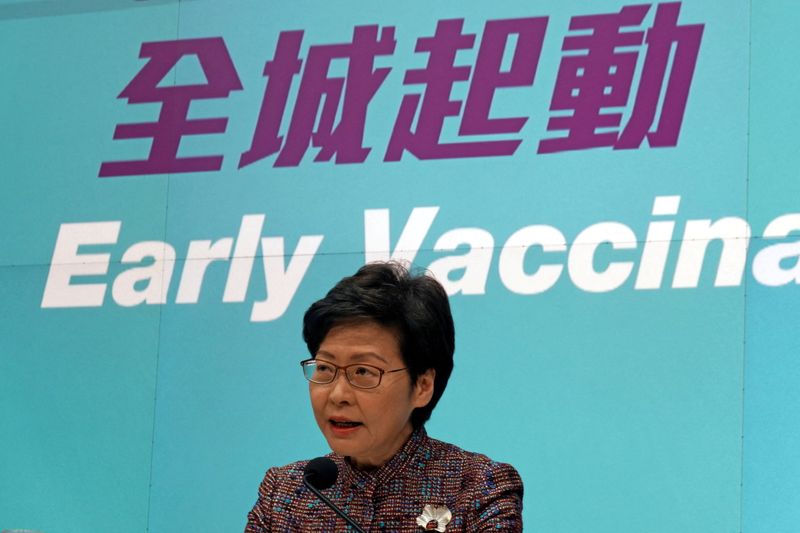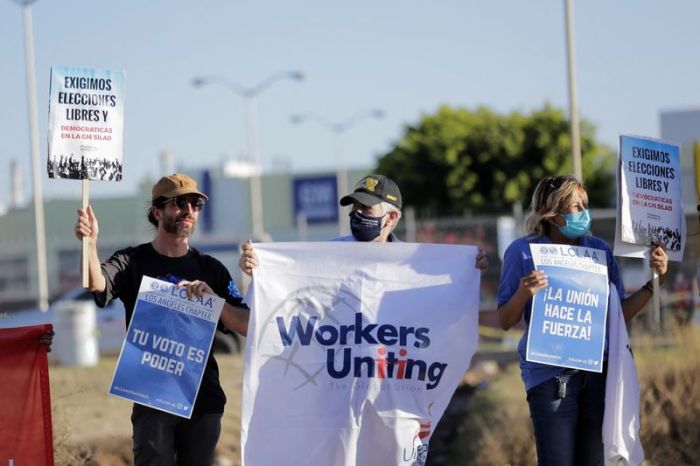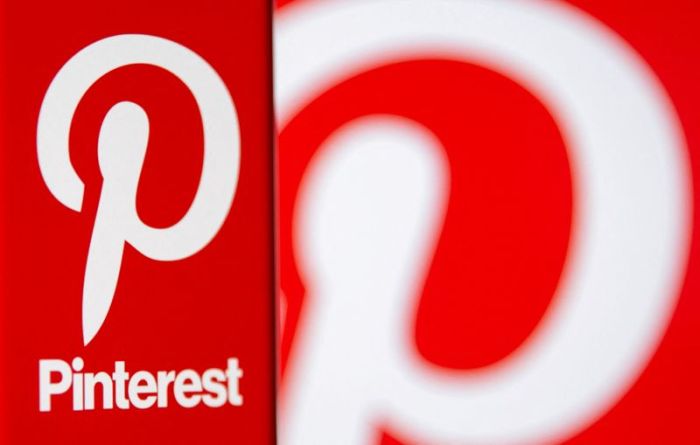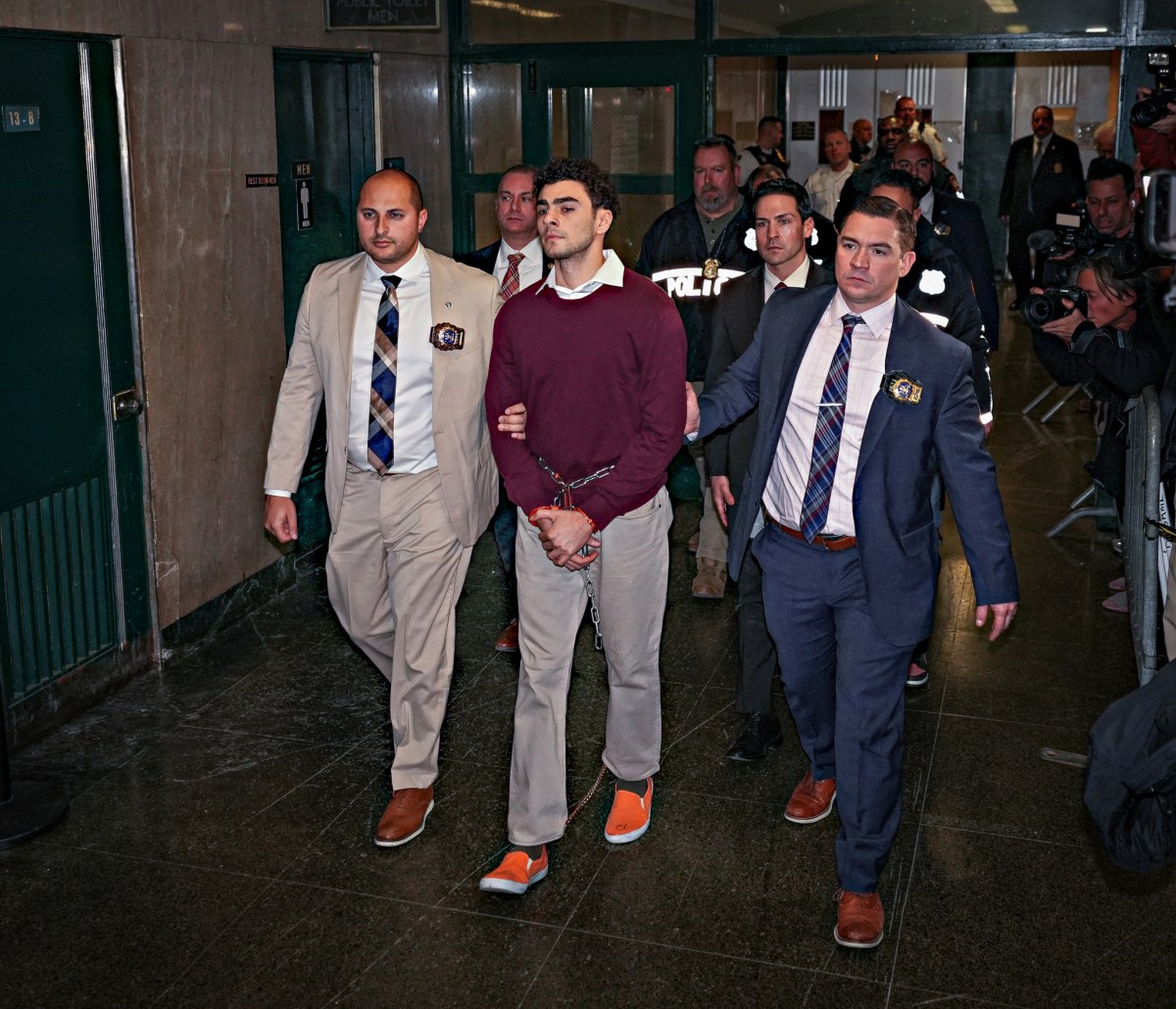HONG KONG (Reuters) – Hong Kong plans to roll out rapid antigen tests for COVID-19 to all its 7.5 million people in the near future, city leader Carrie Lam said on Friday, as the increasingly isolated global financial hub tries to control a new outbreak.
Lam told reporters her government was working on increasing testing, contact tracing and vaccination capacity and making plans to send hospitalised asymptomatic patients to a quarantine facility reserved for close contacts as infections add up.
Amid worries of invisible transmissions in the city, Lam said the government was procuring tens of millions of rapid antigen tests, but did not specify when and how the government will deploy them for voluntary universal testing.
On Friday, Hong Kong reported 131 positive cases, compared with 142 on Thursday. Some 195 tested “preliminary positive” and may be added to the count in coming days subject to further tests. The previous record was 164 cases in late January.
“This latest outbreak is the worst we have seen in the past two years,” Lam said. “Our strategy is the same: we aim to cut transmission chains as soon as possible.”
Lam also flagged an extra HK$20 billion ($2.6 billion) in relief measures for people and small businesses affected by the restrictions currently in place, which are tighter than at the start of the pandemic in 2020. She did not give details.
In total, Hong Kong has recorded 213 COVID-19 deaths and just over 14,000 cases since early 2020, according to the government.
The Chinese-ruled city has followed mainland China in pursuing a “dynamic zero-COVID” policy aimed at suppressing coronavirus infections as soon as possible after they occur, bucking a global trend of living with the virus.
Schools, gyms, pubs and other venues are closed, civil servants and others are back working from home, thousands have been sent into quarantine facilities, while most flights to the city are suspended and hardly any transit flights are allowed.
Once one of the world’s most connected places, Hong Kong is, however, reeling from the closure of its borders, impacting the free flow of people and the availability of food and foreign products the city is highly dependent on.
($1 = 7.7882 Hong Kong dollars)
(Reporting by Twinnie Siu and Marius Zaharia; editing by Emelia Sithole-Matarise)



























